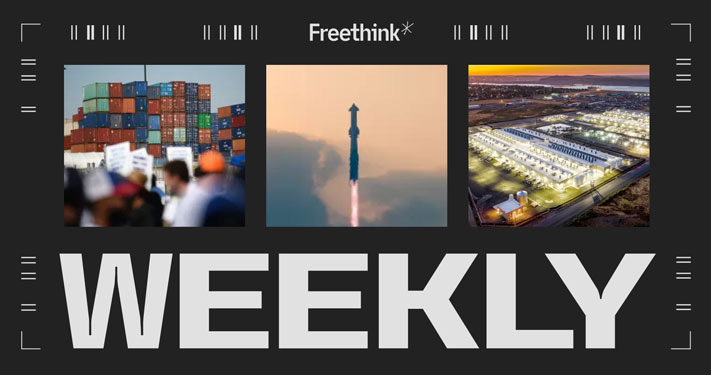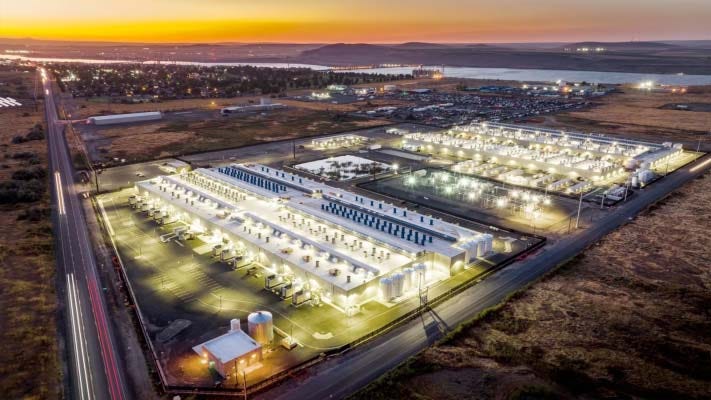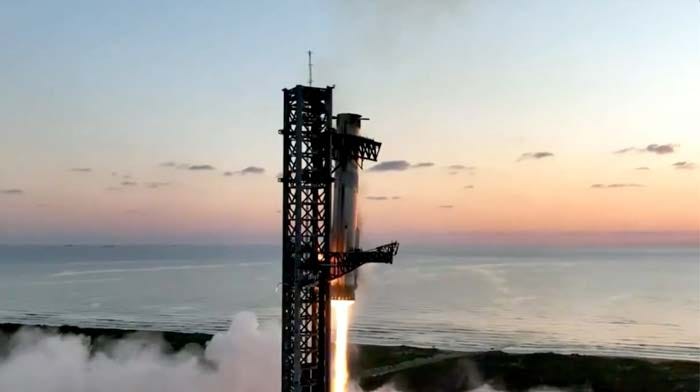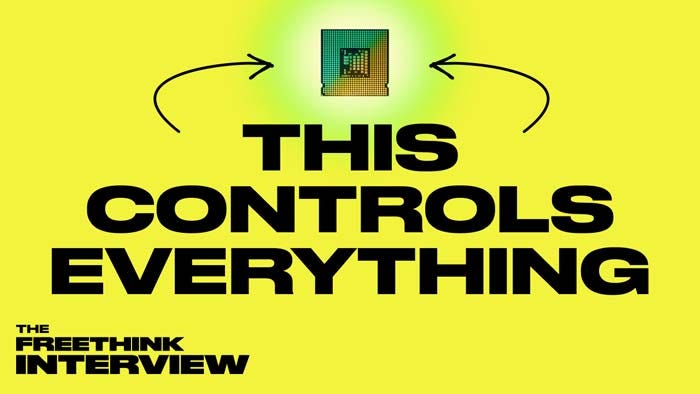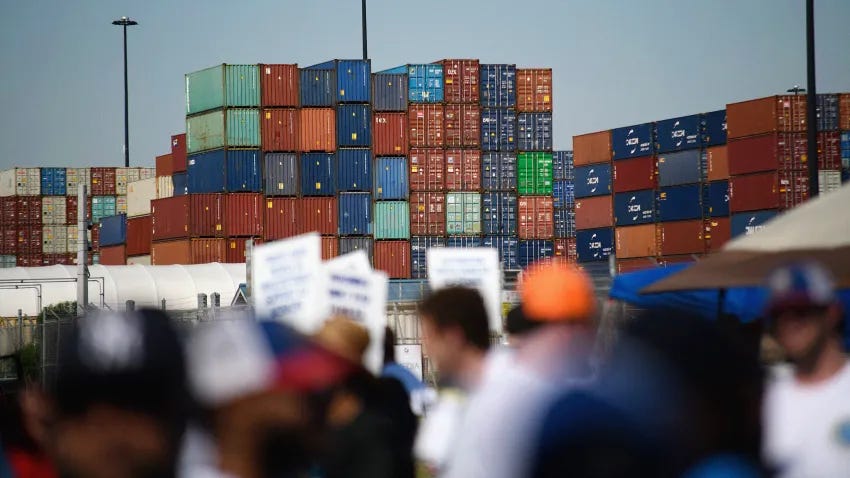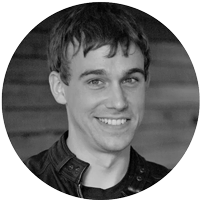Hello Freethinkers,
In 2026, data centers will be consuming twice as much electricity as France, the world’s seventh-largest economy. The cloud, generative AI, and crypto mining are all driving this gigantic endeavor, with enormous potential and enormous consequences for the world. The latest edition of Freethink Research breaks down what’s happening in this exploding digital economy — and what’s about to happen.
Also on deck: In this month’s edition of T-Minus, Kristin Houser counts down 10 of the greatest moments in the history of commercial spaceflight, another industry soaring beyond anyone’s expectations.
Onwards,
Dan
FREETHINK RESEARCH
Charting the race for energy in the Age of AI
As AI’s demand for data skyrockets, data centers face mounting pressure to keep up without overloading our power grids or adding unnecessary environmental strain. In our latest edition of Freethink Research, together with Cam Tierney and Eric Markowitz of Nightview Capital, we explore promising efficiency strategies and reveal the key energy trends shaping the future of data centers in six insightful charts.
For more from Eric, subscribe to The Nightcrawler, a weekly newsletter covering tech, innovation, and long-term thinking.
T-MINUS
10 milestones in commercial spaceflight
The space above Earth used to be the exclusive domain of governments and a few deep-pocketed corporations. But the heavens are no longer so out of reach, and there’s a gold rush happening over our heads right now. Check out these 10 key milestones in the transformation of space — and they’re not all SpaceX. (But honestly, a lot of them are.)
UPCOMING RELEASES
The world’s most critical technology
Chris Miller, PhD // @crmiller1 on X
What's more complex than building a nuclear bomb? Making the chip in your smartphone. While chips power everything in our modern world, from coffee makers to ChatGPT, their production relies on an increasingly precarious global supply chain centered in Taiwan. We sat down with professor and author Chris Miller to discuss the future and importance of the semiconductor industry. Releasing this Friday.
MORE ON THIS STORY
FUTURE EXPLORED
Port workers are at war with automation. Can they win?
International trade is the lifeblood of US ports and many US industries that rely on imports and exports. So when the union representing Atlantic and Gulf Coast port workers went on strike, the country collectively held its breath, until a last-ditch deal suspended the strike until January. The union wants higher pay — and, they say, an absolute ban on automation. Future Explored dives into the conflict and explores whether the rising tide of automation can be held back indefinitely.
WORTH SHARING
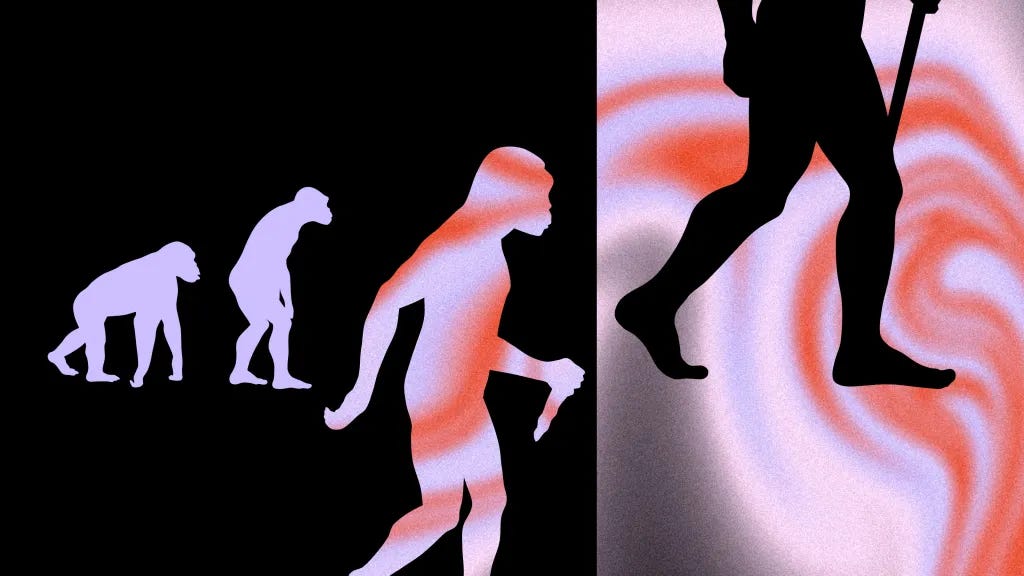
A new spin on the “Stoned Ape Hypothesis”
It’s not controversial to say that psychedelics like psilocybin and LSD can have profound and long-lasting benefits for the individuals who consume them. But you step into fringe territory when you claim that such impacts are heritable across generations, one of several key objections to McKenna’s original Stoned Ape Theory. The updated theory does away with this problem by arguing that psychedelics instead functioned as “worldview shifters” whose benefits spread not through genetics but by cultural transmission — like an online meme that goes viral. According to cognitive neuroscientist Bobby Azarian, this process eventually transformed society.
Daniel Bier is a senior editor at Freethink.




